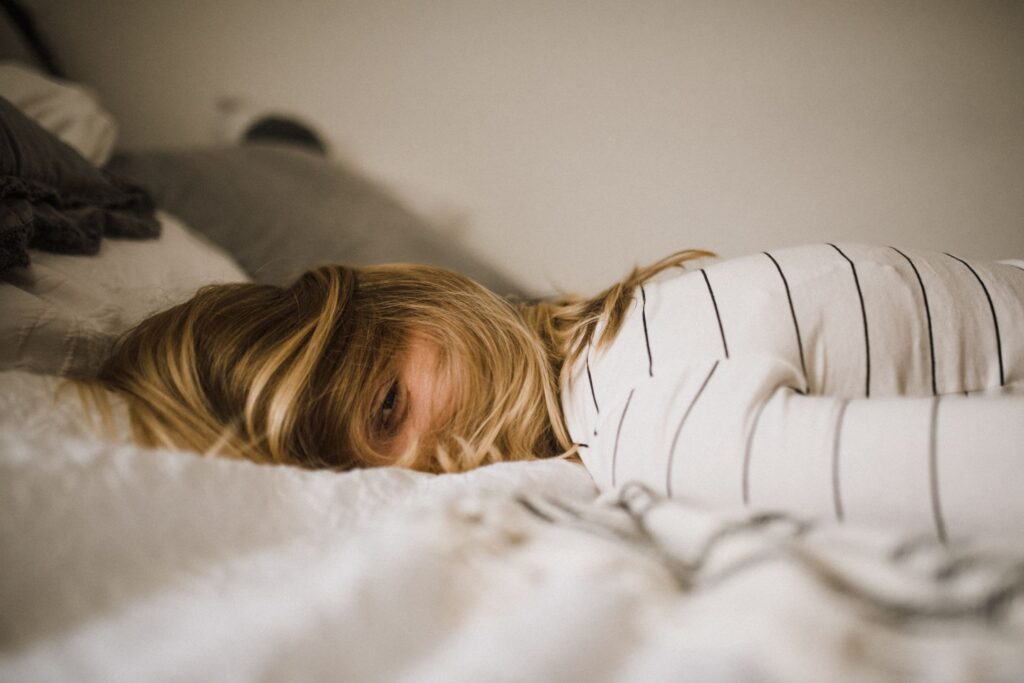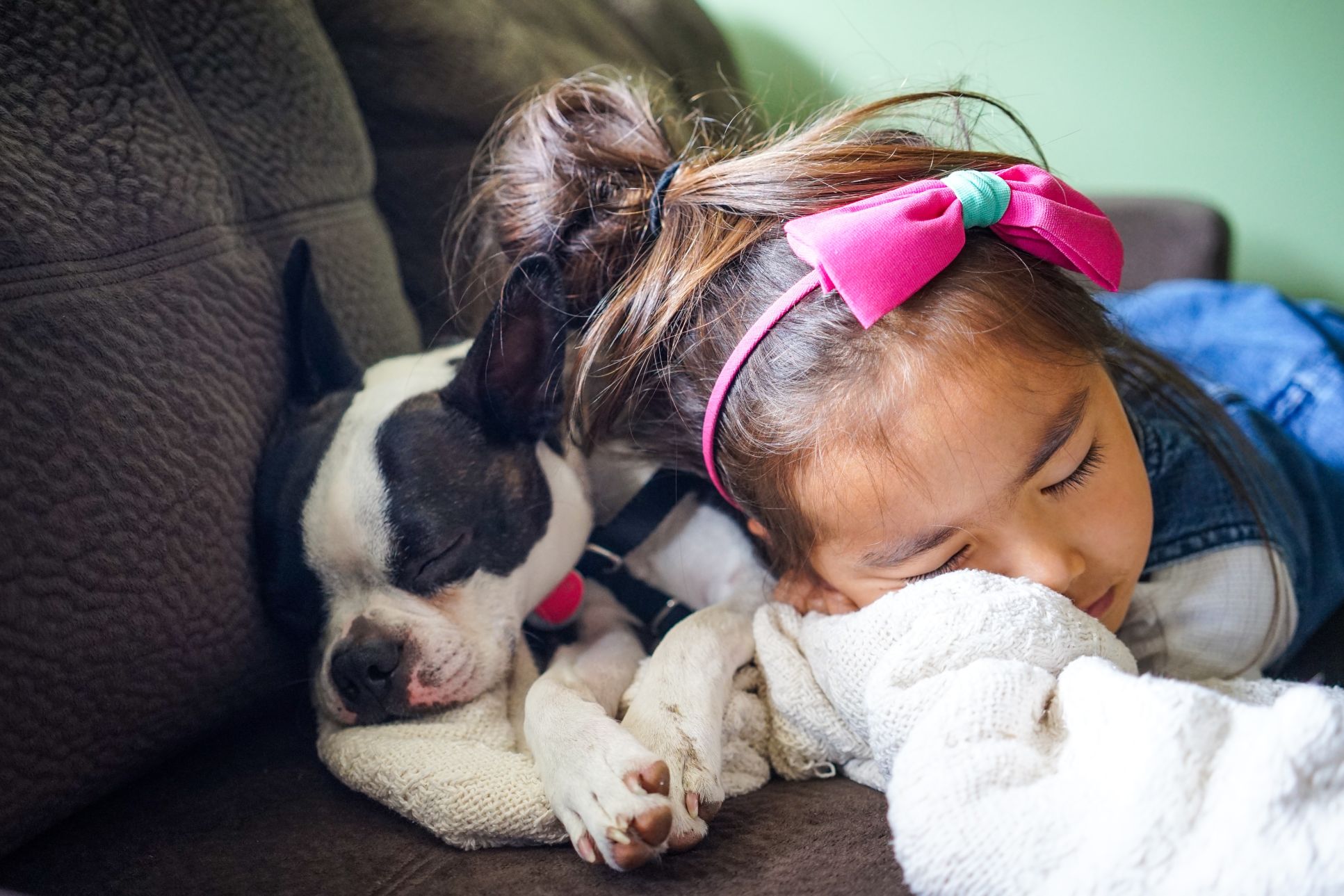Suppose you have already read my article about Sleep and Health (HERE). In that case, you know how important a regular good night’s sleep is for your physical and mental health. Children are not the exception.
Like adults, children benefit from a regular bedtime and sleep routine. Accumulation of poor sleep leads to behavioral and health problems:
- Headaches.
- Irritability.
- Difficulty concentration, memory problems.
- Decreased school performance.
- High Blood Pressure (Hypertension).
- Obesity.
- Depression and Anxiety.
Helpful guidelines have been developed by the American Academy of Sleep Medicine (AASM) to know how many sleep hours kids need in the different development stages. The graphic below shows the number of sleep hours in 24 hours. Remember that Nap hours are included in the 24 hours.

How to help your kids sleep better?
Healthy Sleep Habits Tips from the AAP (American Academy of Pediatrics):
It is highly recommended that healthy sleep habits start as early as possible:
Enough sleep should be a priority for the family.
Knowing how sleep affects your and your family’s overall health is the first step to making what is needed to support enough sleep. If you make sleeping well a priority for yourself – like eating healthy and exercising- your children will accept it as a part of their family’s healthy lifestyle. You are your kids’ best role model.
Set up a regular daily routine.
A consistent waking time, meal times, nap time, playtimes, and other activities will help your child feel secure and comfortable. Bedtime will be a known next step. The little ones should start early with a bedtime routine. A great option is a bath, story/reading, bed. Choose something you can use in different settings (like vacations or visiting family members).
Keep your kids active during the day.
Kids should engage in different activities, including exercise and outdoor activities. For guidelines on physical activity, read HERE.
Monitoring screen time is a must.
The AAP recommends keeping TVs, computers, laptops, tablets, and phones out of children’s bedrooms, especially at night. Screens should be turned off at least 1 hour before bedtime to prevent sleep disruption. Set boundaries about use before bedtime and follow them consistently. Once again, be a role model following these rules yourself.
Your kids’ bedroom and your home should be “sleep-friendly” and safe.
It helps avoid bright lights before bedtime and to have a comfortable temperature at home. Your children’s bed is a place to sleep rather than a place to play, do homework, or use screens. For the young ones, it is ok to have one or two teddy bears or security blankets to help with separation anxiety (avoid a lot of toys).
Avoid overscheduling your kids.
Homework and afterschool activities or appointments can interfere with a good night’s sleep. Children need time to unwind and relax after their day’s activities.
Learn to recognize sleep problems and talk about them with your pediatrician.
The most common sleep problems in children are snoring, sleep apnea, resisting going to bed, difficulty falling asleep, nighttime awakenings and loud or heavy breathing while sleeping.
Check with your child’s teacher.
He or She will tell you About your child’s attention or alertness during the day. Not enough or poor-quality sleep may affect performance in school. Your child’s teacher can work with you to let you know if he or she is falling asleep in school or has any learning or behavior problems.
Teens require more sleep!
Review the graphic above. Sleep-wake cycles shift up to two hours later at puberty, while high schools need students to get to earlier. This is a problem that The AAP has been trying to solve by advocating for middle and high schools to delay class start to 8:30 a.m. or later. You can support the AAP by talking to other parents and the school board to persued changes in the class start.

Special tips for Teens:
- Focus on wake-up time, more than bedtime, and be consistent. This may help your teen to autoregulate bedtime.
- 8-10 hours of sleep is your target.
- Weekends extra sleep time is ok, but not more than 1-2 hours.
- Naps of less than 1 hour are ok, but not after 3 p.m.
- Get an Alarm Clock for your teen.
- Charge cellphones outside the bedroom or out of arms reach.
- The room should be dark, cool, and quiet at night.
- If you teens use screens before bedtime, cut down the time progressively. Aim to no screens.
- Use bed for sleeping only.
- Exercise and eat healthy during the day. Limit late workouts and heavy meals.






